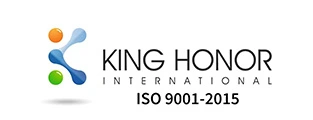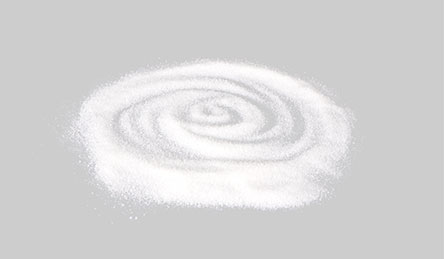
Search


Fischer-Tropsch wax is a methylene polymer, an alkane polymer synthesized from hydrocarbon-based syngas or natural gas. The world's Fischer-Tropsch wax production enterprises are dominated by natural gas and coal. Because of the high cost of natural gas exploitation and the dominant position of coal in energy sources, coal is the dominant factor in the production and processing of Fischer-Tropsch wax in China.
Fischer-Tropsch wax is mainly composed of straight-chain and saturated high-carbon alkanes with relative molecular weight of 500-1000. This gives the chemical fine crystal structure, high melting point, narrow melting point range, low oil content, low penetration, low mobility, low melting viscosity, hardness, wear resistance and high stability. These characteristics of Fischer-Tropsch wax determine its wide application fields. At present, Fischer-Tropsch wax is mainly used in processing lubricants, hot melt adhesives, plastic processing, inks and coatings of PVC products.
Processing lubricants for PVC products: Fischer-Tropsch wax has good compatibility with PVC products and can be used as internal and external lubricants. As an internal lubricant, Fischer-Tropsch wax can effectively control shear conditions, promote flow, control friction and melting properties, thereby improving thermal stability. As an external lubricant, because of its high crystallinity and high linearity structure, the best physical and processing properties can be obtained by adding Fischer-Tropsch wax and internal lubricant in appropriate proportion.
Hot Melt Adhesive: The properties of hot melt adhesives at high temperatures are mainly determined by the melting temperature range and the type of wax added therein. The melting point and crystallinity of wax added in hot melt adhesives control the initial solidification temperature and curing time of hot melt adhesives, and affect the plasticity and tensile properties of hot melt adhesives. Fischer-Tropsch wax has low viscosity, which is helpful for efficient mixing of resin and pumping transportation of hot melt adhesives, while maintaining a moderate degree of surface wettability of polymer and resin.
Plastic processing: Fischer-Tropsch wax as a lubricant for polyolefin processing can be well compatible with polyolefin, improve the processing performance of polyolefin in the process of injection, extrusion, blending and blow moulding, thereby improving the productivity of processing equipment and product quality. At the same time, due to the improvement of polyolefin fluidity, the processing temperature can be reduced, which is helpful for energy saving and emission reduction in the processing process. In addition, Fischer-Tropsch wax is mainly used as dispersant in the processing of masterbatch.